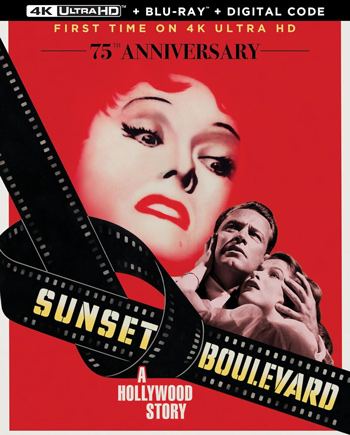
Paramount Pictures
Film noir was not a genre, like the Western, but a term applied by French critics after the Second World War for a glut of increasingly surreal and cynical black and white American crime films that they got access to all at once during peacetime. Noir is generally considered to have begun with John Huston’s 1941 classic The Maltese Falcon, and to have unofficially closed with Orson Welles’ 1957 thriller Touch of Evil.
Film noir was a historical movement, and not a genre. It has more in common with French New Wave than it does with musicals, or horror films.
Why open a review of Sunset Boulevard this way?
Sunset Boulevard is impossible to discuss outside the context of American film noir: it’s the product of Billy Wilder who had previously directed legendary noir Double Indemnity. It’s a masterpiece of expressionistic black and white photography with a brilliant script that mixes black comedy and slow building dread. Unlike The Maltese Falcon or Double Indemnity it does not clearly fall into the police or detective genres: it is a unique mix that only could have come from post-war America.
The film stars William Holden as Joe Gillis, a down and out screenwriter who, in perfect noir convention, narrates the story in flashback. On the run from creditors, Gillis pulls his car into the driveway of Norma Desmond (Gloria Swanson) a reclusive silent film star who could not make the transition to “talkies” and has slowly gone mad from the loss of her stardom. Gillis flatters Desmond’s ego and pretends to work on her script for a return project in order to stay at the house for free.
As Gillis is drawn into Desmond’s world of delusion and nostalgia by day, Joe secretly works nights in the office of Betty (Nancy Olson), collaborating on his own screenplay. He’s presented with the opportunity to leave Desmond, but the lure of easy money and a suicide attempt by Desmond convince him to stay and he becomes her kept man, a decision which ultimately seals his fate.
Sunset Boulevard is a slow burning surrealist nightmare: William Holden has that perfect noir combination of tough cynical humor and moral weakness that make for the perfect noir protagonist. Gillis can walk away from Norma at any time in the first two acts of the film without serious consequence to his own safety, but he wants both the ease and comfort of being a gigolo and the self determination to live how he wants, work on what he wants, and love who he wants and is literally killed by the contradiction.
Speaking of Desmond, Gloria Swanson has remained in the public consciousness for this role much more deeply than the silent work that inspired her casting and it’s easy to see why. Billy Wilder gets tremendous mileage out of the metatextual commentary on “Hollywood as a meat grinder” not only by casting Swanson but former director Erich von Stroheim as Max, the director-husband who willingly allowed himself to be humiliated into servitude to remain in Swanson’s presence. Buster Keaton and Douglas Fairbanks also make memorable cameos as part of Desmond’s “waxworks” card games of aging former stars clinging to past glories.
That said, Sunset Boulevard is not primarily a “Hollywood satire”– it’s a haunting film about the power of obsession, of madness, and about how seductive another person’s delusions can become under the right circumstances. It is not as “plot heavy” as many of the best noir classics: it opens with a bang and then builds slowly, imperceptibly over its two hour run time until the murderous climax feels both shocking and inevitable.
The film never excuses Desmond’s behavior, her obsession, but it affords her a certain dignity and when Joe is finally willing to be cruel to end things, there’s an emotional conflict that we, the audience, feel in that confrontation. In much the same way that Hitchcock made his audience complicit in the danger of his films we too have laughed with Joe at Swanson, but we also have come to sympathize with Swanson’s vulnerability to him. When she picks up the pistol after he verbally tears her to shreds we don’t approve, but we certainly understand. That emotional entanglement, that contradiction between repulsion and empathy is the true art of Sunset Boulevard.
In addition to a complete remastering and sound mix, featurettes are plentiful and include commentary, featurettes, documentaries, deleted scene, galleries, and trailer.
Highly Recommended.




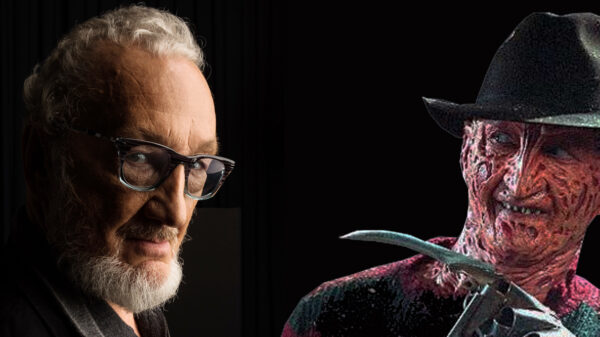

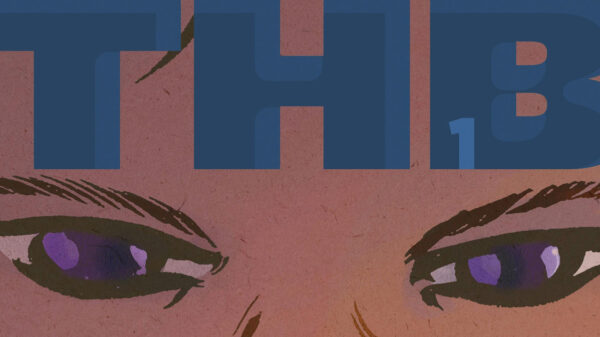


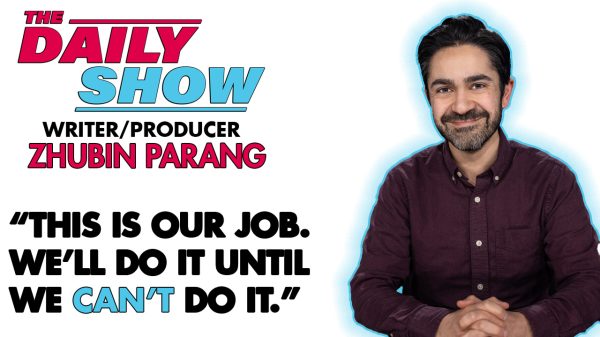
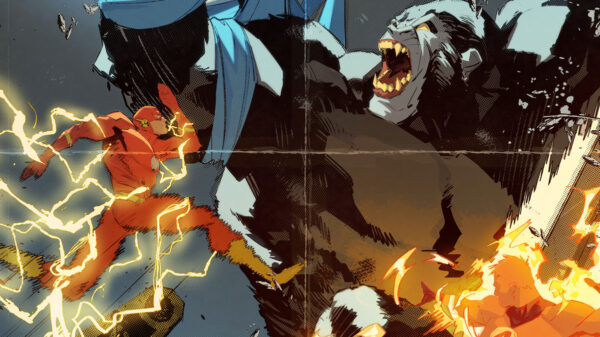
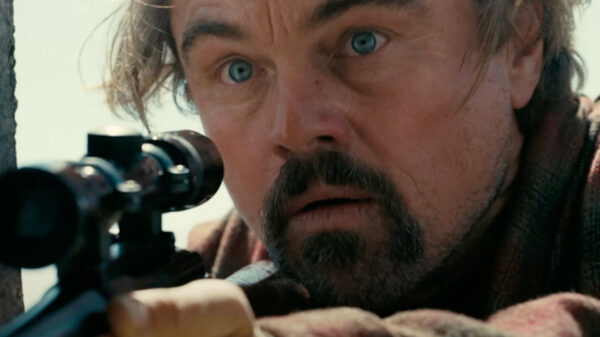








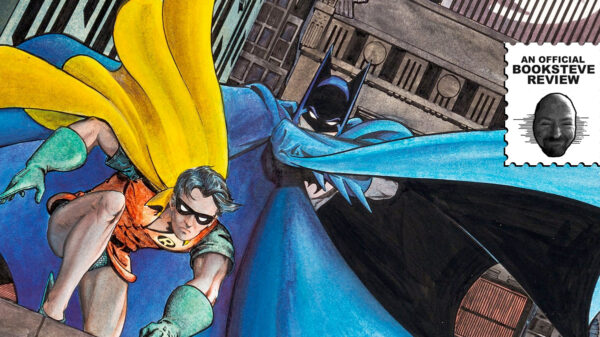
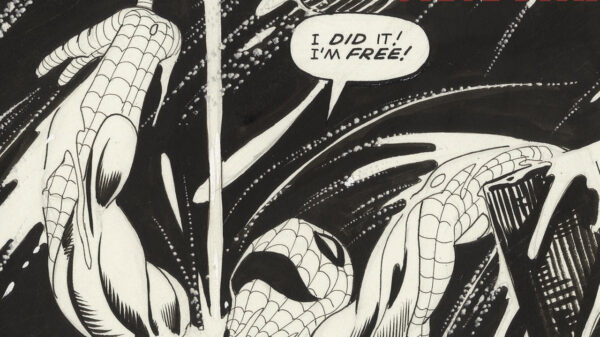


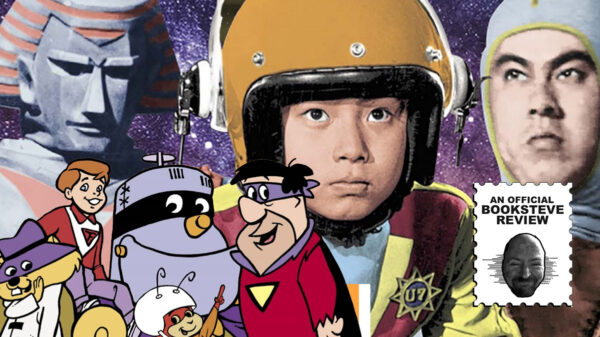

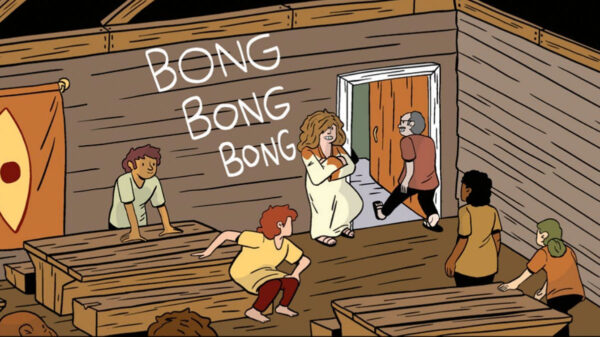
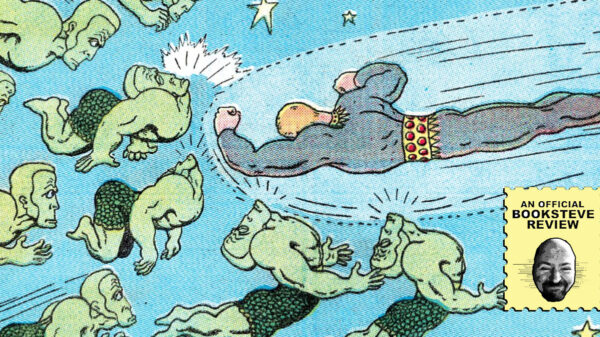










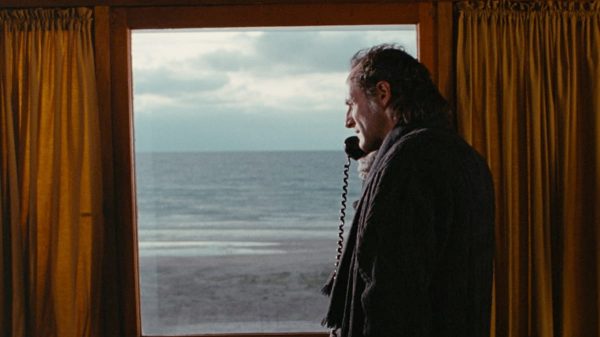
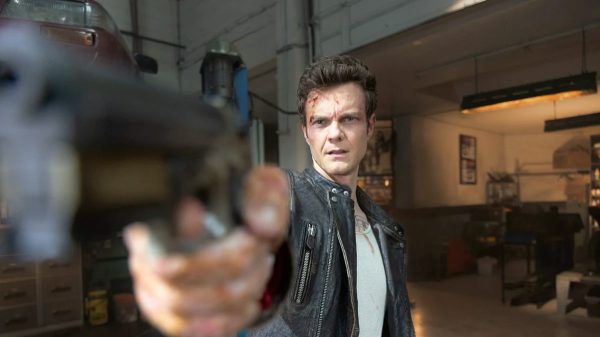
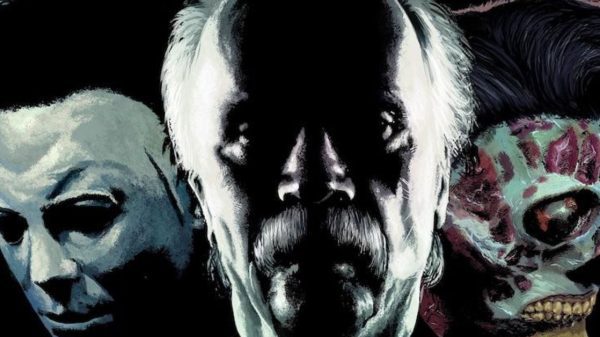
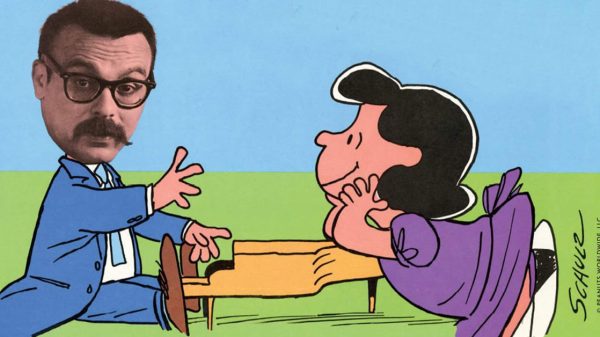
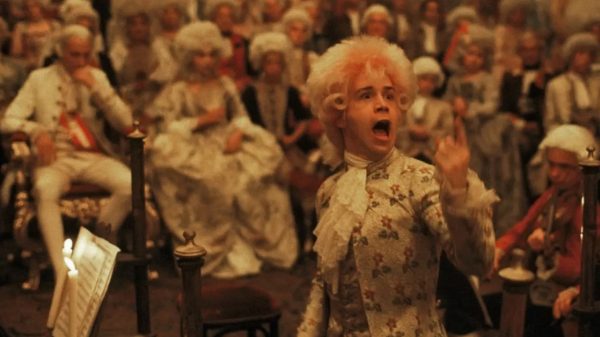





























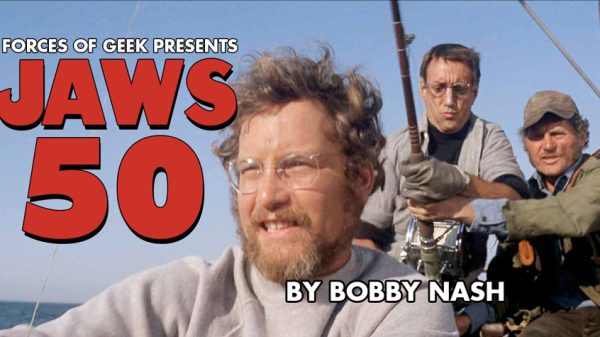









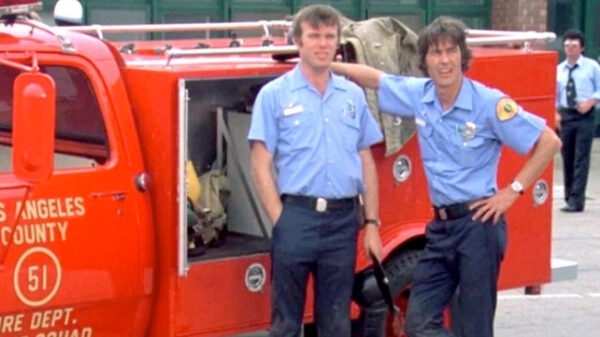
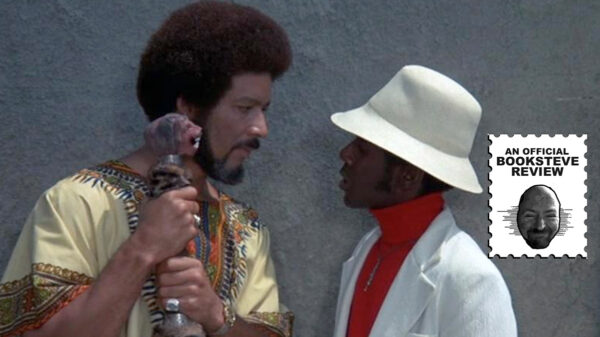
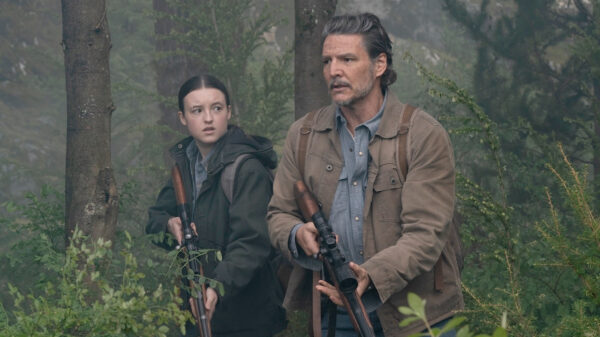












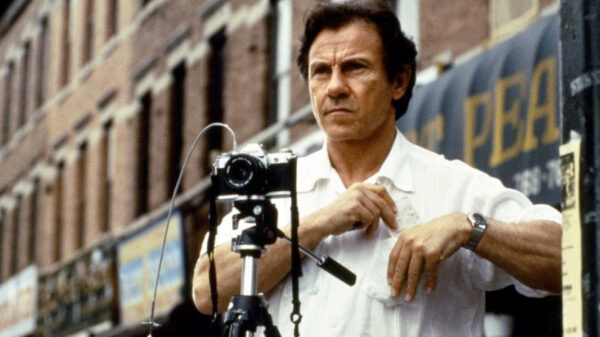
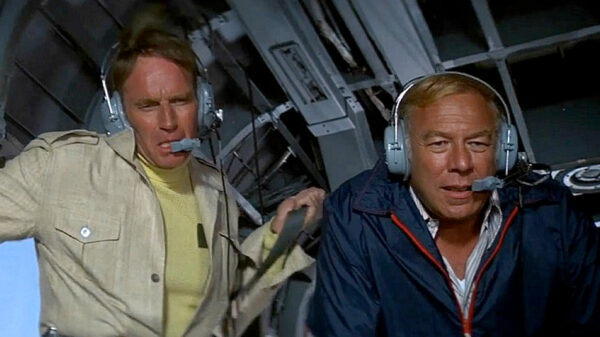




You must be logged in to post a comment Login